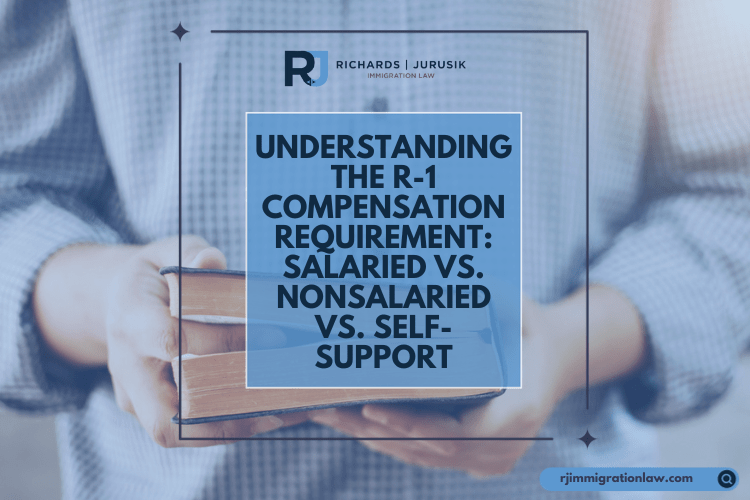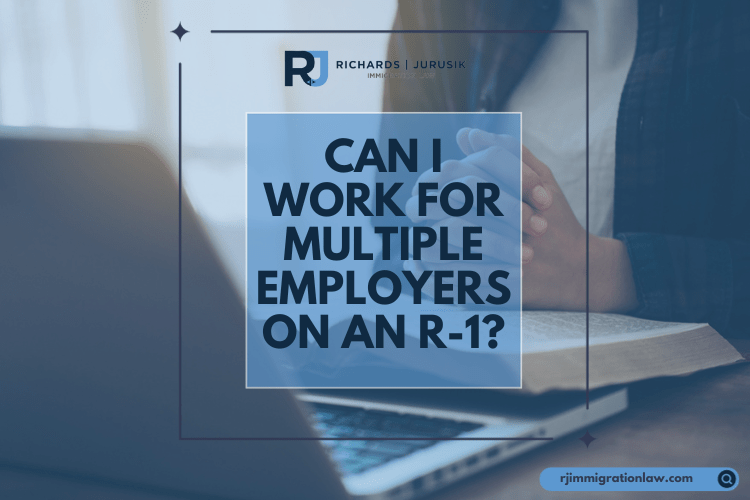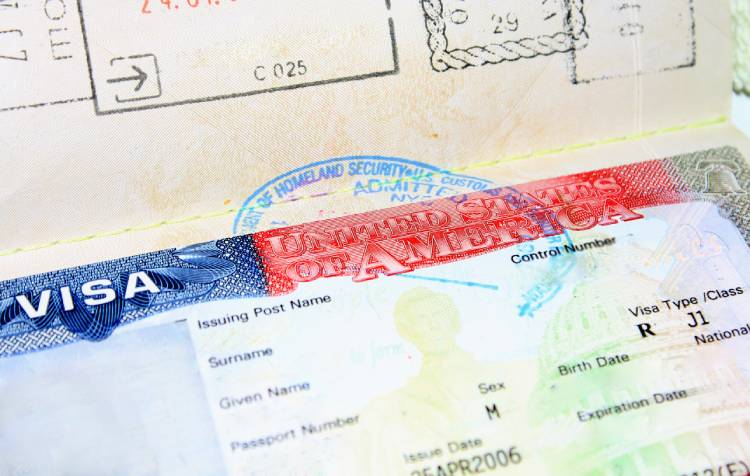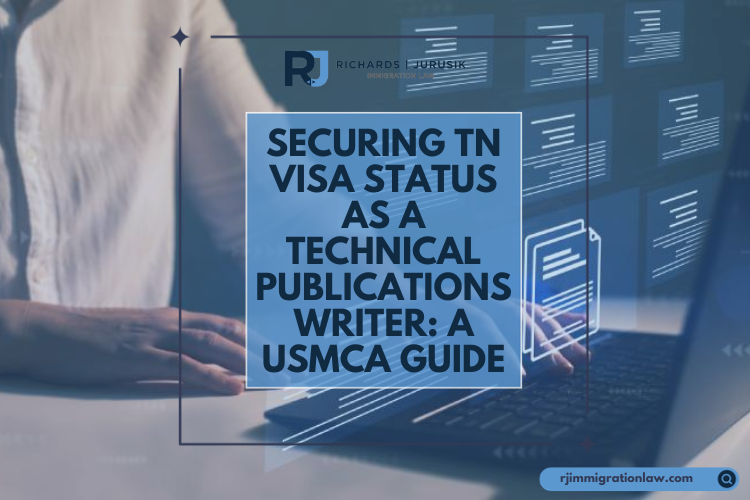Salaried vs. Non-Salaried R-1 Visa Requirement: What You Need to Know
Understanding the nuances of the R-1 visa requirement is essential for religious workers and organizations. One significant aspect is whether the position must be salaried or nonsalaried. An R-1 nonimmigrant must receive either salaried or non-salaried compensation or provide his or her own support as a missionary under an established missionary program. This article dissects the distinctions between these requirements, giving clarity to ensure a smooth R-1 visa application process.
Compensation Requirement
- Salaried R-1 Visa Requirement: For some religious workers applying for an R-1 visa, a salaried position is required. This means the individual must receive a regular salary or compensation for their religious duties. The religious worker must have a formal employment contract with the religious organization outlining their pay, benefits, and other employment terms. The organization should demonstrate that it can provide the agreed-upon salary to the religious worker.
- Non-salaried R-1 Visa Requirement: Non-salaried refers to compensation in the form of the religious worker receiving support such as room, board, medical care, and transportation instead of or in addition to a paycheck. The religious worker must prove they will be financially supported during their stay in the United States. This may include showing a history of consistent support from the religious community or congregation.
The prospective employer must state whether the beneficiary will receive salaried or non-salaried compensation and the details of such compensation.
Self-Support
Self-support means that the position the beneficiary will hold is part of an established program for temporary, uncompensated missionary work and part of a broader international program of missionary work the denomination sponsors. An established program for temporary, uncompensated missionary work is defined to be a missionary program in which:
- Foreign workers, whether compensated or uncompensated, have previously participated in R-1 status;
- Missionary workers are traditionally uncompensated;
- The organization provides formal training for missionaries and
- Participation in such missionary work is an established element of religious development in that denomination.
Conclusion
Navigating the R-1 visa process can be complex, and understanding the distinction between salaried and nonsalaried requirements is crucial. Comprehending these nuances and working closely with immigration experts, religious organizations, and religious workers can ensure a smoother application process and pave the way for serving their faith in the United States. Whether salaried or nonsalaried, the R-1 visa remains a valuable avenue for religious workers to contribute their spiritual leadership to U.S. communities.
Subscribe to Our Resources Blog
Schedule a Consultation with an Immigration Lawyer
We Can Help!
You may have questions regarding the R-1 visa. We invite you to contact our team at Richards and Jurusik for detailed guidance and assistance. We aim to provide the most accurate and up-to-date information to make your immigration process smoother and less stressful. The immigration lawyers at Richards and Jurusik have decades of experience helping people to work and live in the United States. Read some of our hundreds of 5-star client reviews! Contact us today to assess your legal situation.







